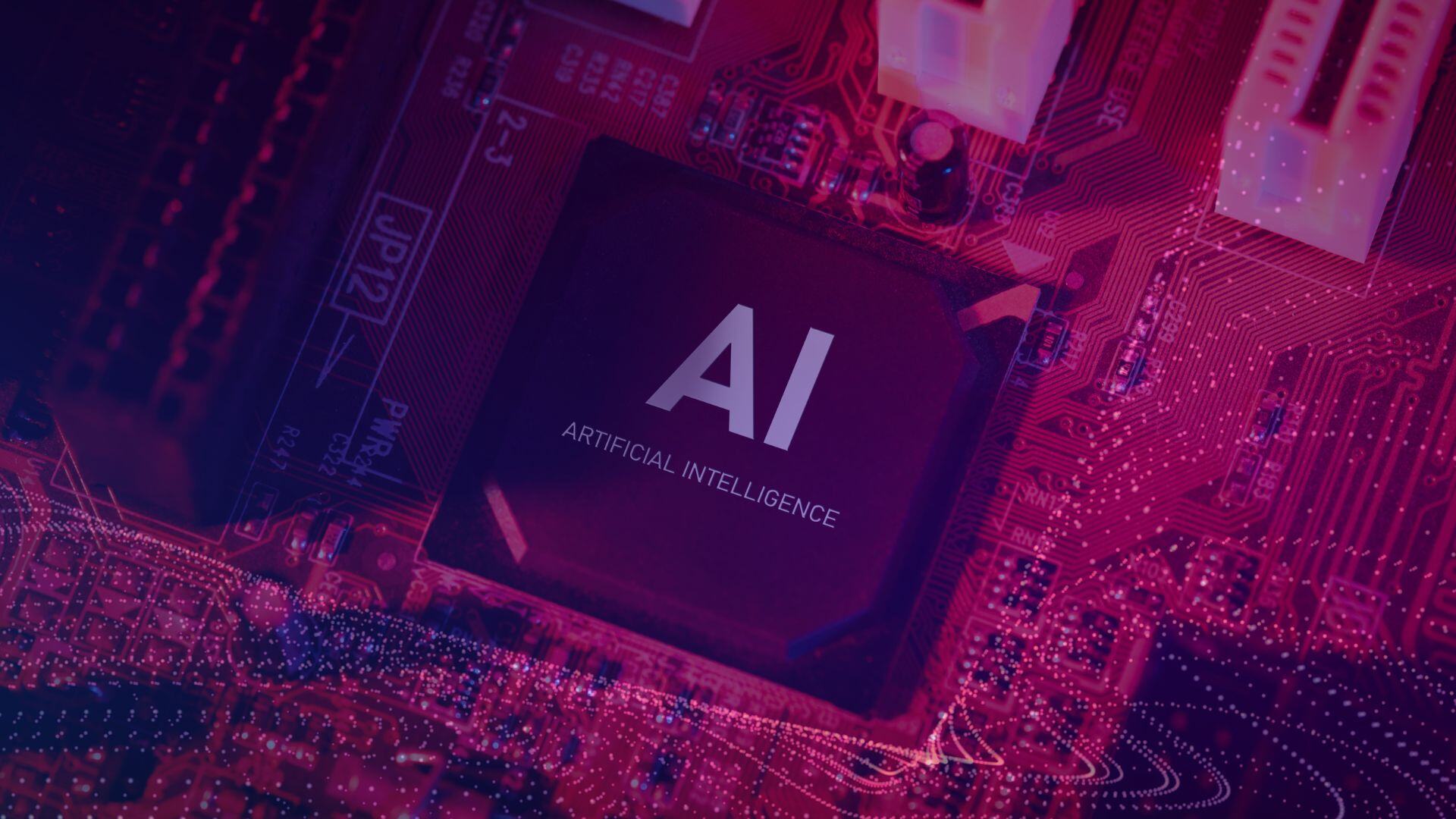Editors Note: This is a guest post contributed by Hannah Seibert, a Miami University Honors student and technology enthusiast, tackling an issue many of us have faced and continue to face—healthcare billing errors. She explores how AI and Machine learning can be applied to improve this process and more.
Medical Billing, AI, and Machine Learning
Medical billing is an integral part of how healthcare information is delivered and received. However, receiving a correct bill is becoming increasingly difficult.
200 million; that’s the number of insurance claims that are rejected every year, according to the AARP.
How does this happen? And why is this number significant?
The Healthcare Billing Process Explained
After a patient checks out, the doctor transcribes the visit information electronically, or it is transcribed for them. This is then sent to what is called a medical coder. Using the visit information, previous medical history, and patient demographics, the coders translate it into usable medical code called a superbill.
The goal of the Insurance companies is to accept your claim using the superbill; however, due to human error, it can sometimes be rejected. In fact, roughly 80% of all medical bills contain billing errors, which increases the chances that the patient’s insurance company will reject the claim, creating more waste within the healthcare industry.
Human Error and Waste in the Industry
The superbill is hand-coded by medical coders, which can easily contain errors—specifically, human error. Human error is the cause of many issues regarding the billing process, such as wasted time, claim rejection, and fraud. Wasted time is due to insurance companies rejecting claims that have errors, requiring the healthcare company to make corrections and resubmit them to the insurance company.
If there are many errors, this wastes time and is very inefficient. On the other hand, if an insurance claim is not rejected but is still incorrect, the patient can be charged with fraud.
Opportunities for AI and Machine Learning
With coding accuracy being a large challenge in the medical industry, an opportunity for the use of AI and machine learning has risen. Using AI and machine learning, data is able to be extracted from documents accurately, therefore decreasing incorrect claims as well as fraud.
Automated medical coding is becoming increasingly useful as software is able to be trained on medical terminology so that discrepancies are eliminated. The utilization of AI and machine learning in replacement of medical coders will ultimately improve patient experience while increasing potential revenue. Automating this process will allow healthcare providers to focus more on patient care while reducing the risk of any negative outcomes such as fraud.
Artificial Intelligence in the Business World
Believe it or not, most people interact with artificial intelligence on a daily basis. When opening an app such as Facebook, a user may encounter an ad for a store that they regularly shop at or a website they visit often. You may wonder, how does this app know about my preferences and specific places I shop? This is the work of artificial intelligence.
Business Applications
Artificial intelligence is already being utilized in several business applications, such as data analytics and process automation. By using AI, businesses can streamline processes, increasing efficiency and customer satisfaction.
Process automation is the backbone of every successful workplace. When applying AI to process automation allows administrative and financial tasks to become more efficient and effective. Artificial intelligence allows servers to act as humans by inputting and analyzing data at high speeds. Tasks such as transcribing calls and emails into client information become hassle-free with the use of AI. Other tasks, such as processing and analyzing legal documents as well as editing billing failures, can also be streamlined in the workplace.
Another unique task AI can perform is providing consumer insight to companies. It can understand the likelihood of a consumer purchasing a certain product or service while personalizing digital ads to the consumer. When consumers are greeted with these personalized ads, artificial intelligence also allows for engagement with the consumer by offering features such as real-time customer service and the ability to answer frequently asked questions about the company.
AI and Machine Learning Solutions for Healthcare
While AI can help dramatically improve processes, create efficiencies, and ultimately the patient experience, it’s critical that the underlying data is well organized and understood. Implementing AI with uncleansed or poor-quality data will lead to further challenges and actually create worse outcomes than before.
The lesson is to proceed cautiously, start with a pilot, and validate the results before rolling out on a mass scale. Having said that, artificial intelligence is the future of our workplace and has applications in several industries.



